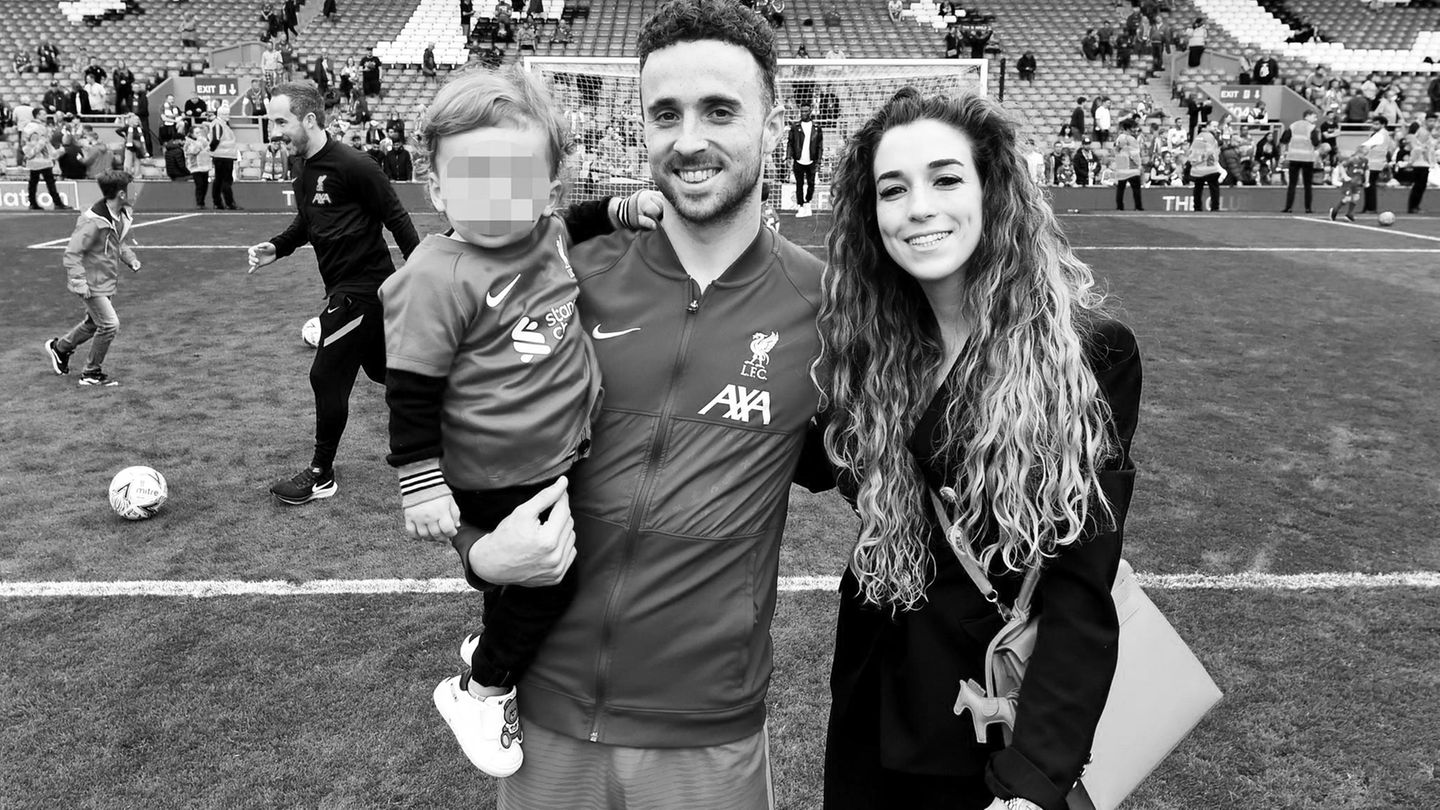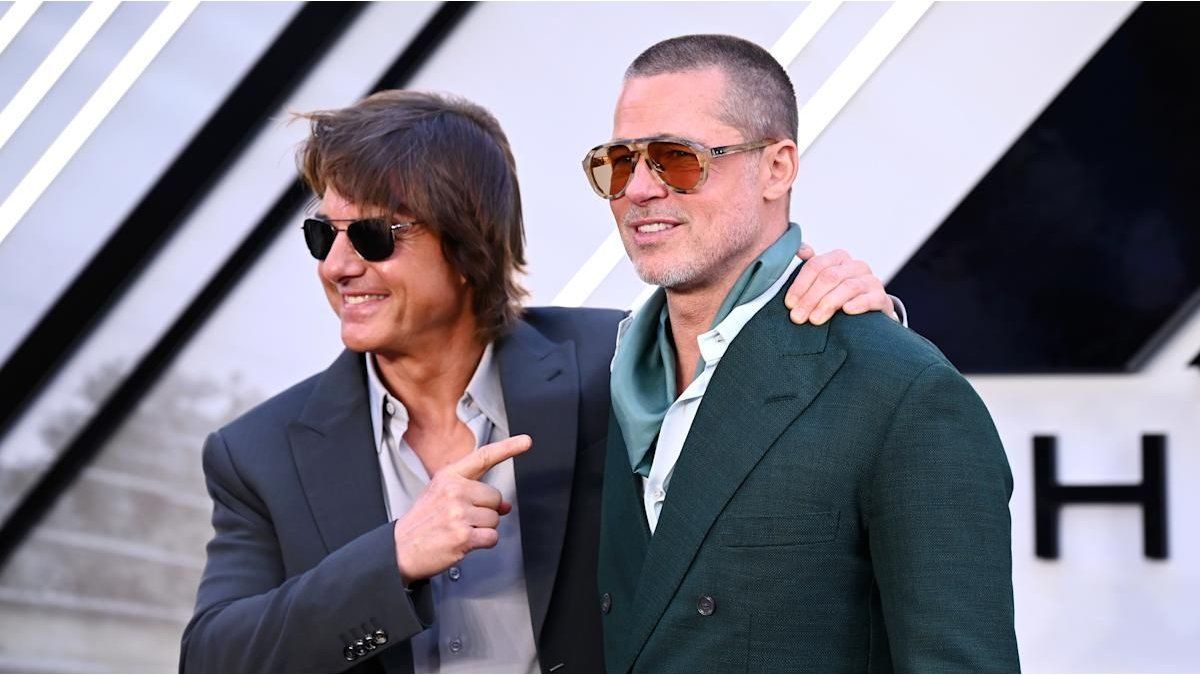Security experts are warning not only of terrorism ahead of the Olympic Games, but also of cyber attacks. Russia is suspected to be behind some of them. But other actors also have the games in their sights.
The warnings from all security experts ahead of the Olympic Games in Paris this summer sound alarming: there are fears that there will be massive attempts to scare visitors of terrorism and other dangers, to undermine the reputation of the games and to sabotage their course – even attacks. There are already attempts at destabilization in France, which Paris attributes to Russia. A few weeks ago, President Emmanuel Macron said that Moscow would “without a doubt” try to disrupt the games in various ways. The French security authorities have been preparing for such threats for some time.
In its risk analysis presented a few days ago, the Microsoft Threat Analysis Center refers to two Russian online platforms as “Storm-1679” and “Storm-1099”. They have been spreading false information about the Olympics in Paris for a year now. A film called “Olympics Has Fallen” is being distributed on these platforms, which is intended to give the false impression that it is a Netflix production. The film is intended to stir up fear of attending the games because of the alleged threat of violence.
Fake news about repeat of 1972 Olympic terror
This is also happening via numerous video clips on the platforms in French, which suggest that Israeli visitors to the games are under threat because of the Gaza conflict, Microsoft reported. Graffiti allegedly from Paris is being spread, giving the impression that Paris is at risk of a repeat of the terror against Jewish athletes that occurred at the 1972 Olympic Games in Munich. Macron is presented in the manipulated news as a president who boasts about the games and who does not care about the social problems of the population.
Modern Russia, and before it the Soviet Union, have long sought to undermine the Olympics, the analysis states. “If they cannot participate in the Games or win them, they seek to undermine, defame and degrade international competition in the minds of participants, spectators and the world public.”
Russian hackers in focus
In addition, the displeasure of Russian President Vladimir Putin and the Kremlin with the International Olympic Committee has increased, as the latter has the ability to exclude Russia from the Games. It is to be expected that bots and artificial intelligence will launch campaigns on social media and that there will be disruptive actions by Russian agents on site. The IOC had already reported months ago about targeted Russian campaigns of disinformation and defamation against the organization and President Thomas Bach.
Russia denies the accusations. A statement from the Russian embassy in Paris spoke of “Russophobic disinformation in French media”. Russia never interferes in France’s internal affairs and has other, more important priorities.
In a threat analysis for the Paris Games, the global intelligence company Recorded Future names Iran and Azerbaijan as state actors alongside Russia. France has its sights set on the country in the Caucasus because Paris supports Armenia in the conflict with Azerbaijan over the Nagorno-Karabakh region. In connection with the Ukraine war and the Middle East conflict, Recorded Future expects cyberattacks on the Olympic Games because activists want to take advantage of the international attention. Groups with links to the Iranian government are in a position to carry out hacker attacks with more serious consequences.
Highest terror alert level
“Supporters of the Islamic State (IS) and Al-Qaeda in Europe are almost certainly planning to attack the Olympic Games in Paris,” says Recorded Future’s report on the specific threat of attacks. However, due to the security measures and the terror alert being raised to the highest possible level, successful attacks have become less likely.
The French authorities have already prepared themselves for the dangers during the Olympic Games – particularly those of cyberattacks. Two years ago, the national cybersecurity authority ANSSI began to develop a strategy to defend against attacks. In addition to protecting actors and systems and prevention, the strategy also includes the ability to respond to specific attacks during the Games, the government in Paris announced.
Source: Stern
I am Pierce Boyd, a driven and ambitious professional working in the news industry. I have been writing for 24 Hours Worlds for over five years, specializing in sports section coverage. During my tenure at the publication, I have built an impressive portfolio of articles that has earned me a reputation as an experienced journalist and content creator.




